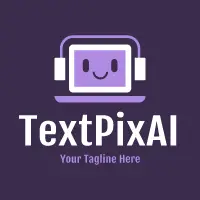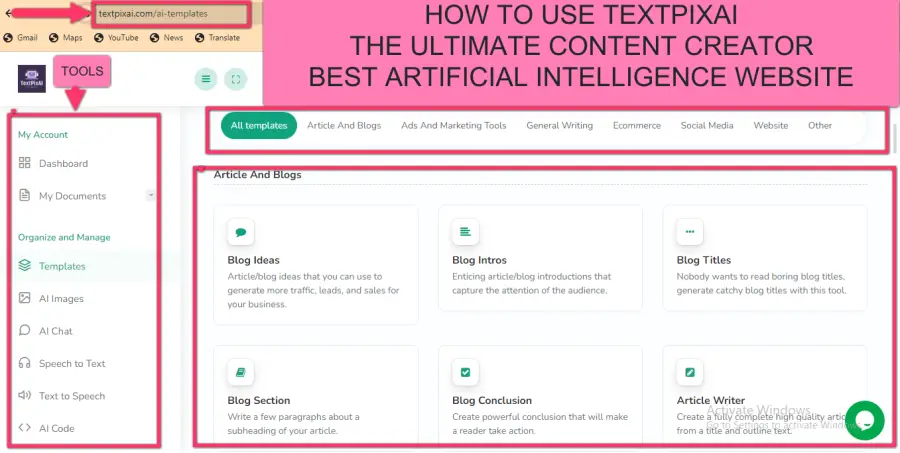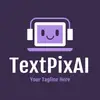Ways AI is Revolutionizing Healthcare
Introduction
In recent years, the field of healthcare has undergone a remarkable transformation thanks to the integration of Artificial Intelligence (AI). From diagnosis and treatment to patient care and administrative tasks, AI has left an indelible mark on the healthcare industry. In this article, we will explore the five key ways AI is revolutionizing healthcare, ushering in a new era of medicine that promises improved patient outcomes, increased efficiency, and a better overall healthcare experience.
The healthcare industry is no stranger to technological advancements, but AI has taken it to a whole new level. Let's delve into how AI is reshaping healthcare as we know it.
2. Enhanced Diagnostics with AI
One of the most promising applications of AI in healthcare is its ability to improve diagnostics. AI-powered algorithms can analyze medical images, such as X-rays and MRIs, with incredible precision. This not only accelerates the diagnostic process but also reduces the risk of human error.
3. Personalized Treatment Plans
AI has enabled the creation of personalized treatment plans tailored to each patient's unique needs. By analyzing a patient's medical history, genetic makeup, and lifestyle factors, AI algorithms can recommend treatments that are most likely to be effective. This approach maximizes the chances of successful outcomes and minimizes unnecessary interventions.
You may also like to read:
AI and Ethics: Navigating the Moral Dilemmas of Artificial Intelligence
4. Streamlined Administrative Tasks
Healthcare facilities are often bogged down by administrative tasks that consume valuable time and resources. AI-powered software can handle appointment scheduling, billing, and medical record management efficiently. This frees up healthcare professionals to focus on patient care, ultimately leading to a better healthcare experience for all.
5. Telemedicine and Remote Monitoring
The rise of telemedicine has been accelerated by AI. Patients can now consult with healthcare providers from the comfort of their homes, saving time and reducing the burden on hospitals. Moreover, AI enables remote monitoring of patients' vital signs, ensuring that healthcare providers can intervene promptly if any issues arise.
6. AI-Powered Drug Discovery
The process of drug discovery is notoriously time-consuming and costly. AI is changing this by expediting the identification of potential drug candidates. Machine learning models can analyze vast datasets to identify molecules with therapeutic potential, significantly speeding up the drug development process.
7. Conclusion
In conclusion, AI is not just a buzzword in the healthcare industry; it is a transformative force. From more accurate diagnostics to personalized treatment plans and streamlined administrative tasks, AI is making healthcare more efficient and patient-centric. As technology continues to advance, we can expect even more exciting developments in the field of healthcare.
FAQs
- How accurate are AI-based diagnostic tools?
AI-based diagnostic tools have shown impressive accuracy, often surpassing human capabilities in certain tasks. However, their performance may vary depending on the specific application and the quality of the data they are trained on.
2. Is AI replacing healthcare professionals?
AI is not replacing healthcare professionals but rather augmenting their capabilities. It allows them to work more efficiently and make better-informed decisions, ultimately improving patient care.
3. Are there any ethical concerns with AI in healthcare?
Yes, there are ethical concerns related to data privacy, bias in algorithms, and the potential for job displacement. However, these issues can be addressed through careful regulation and responsible AI development.
4. Can AI really speed up drug discovery?
Yes, AI has the potential to significantly accelerate drug discovery by analyzing vast datasets and identifying promising candidates more quickly than traditional methods.
5. What is the future of AI in healthcare?
The future of AI in healthcare is bright. We can expect further advancements in telemedicine, AI-driven robotics, and precision medicine, ultimately leading to better patient outcomes and a more efficient healthcare system.







